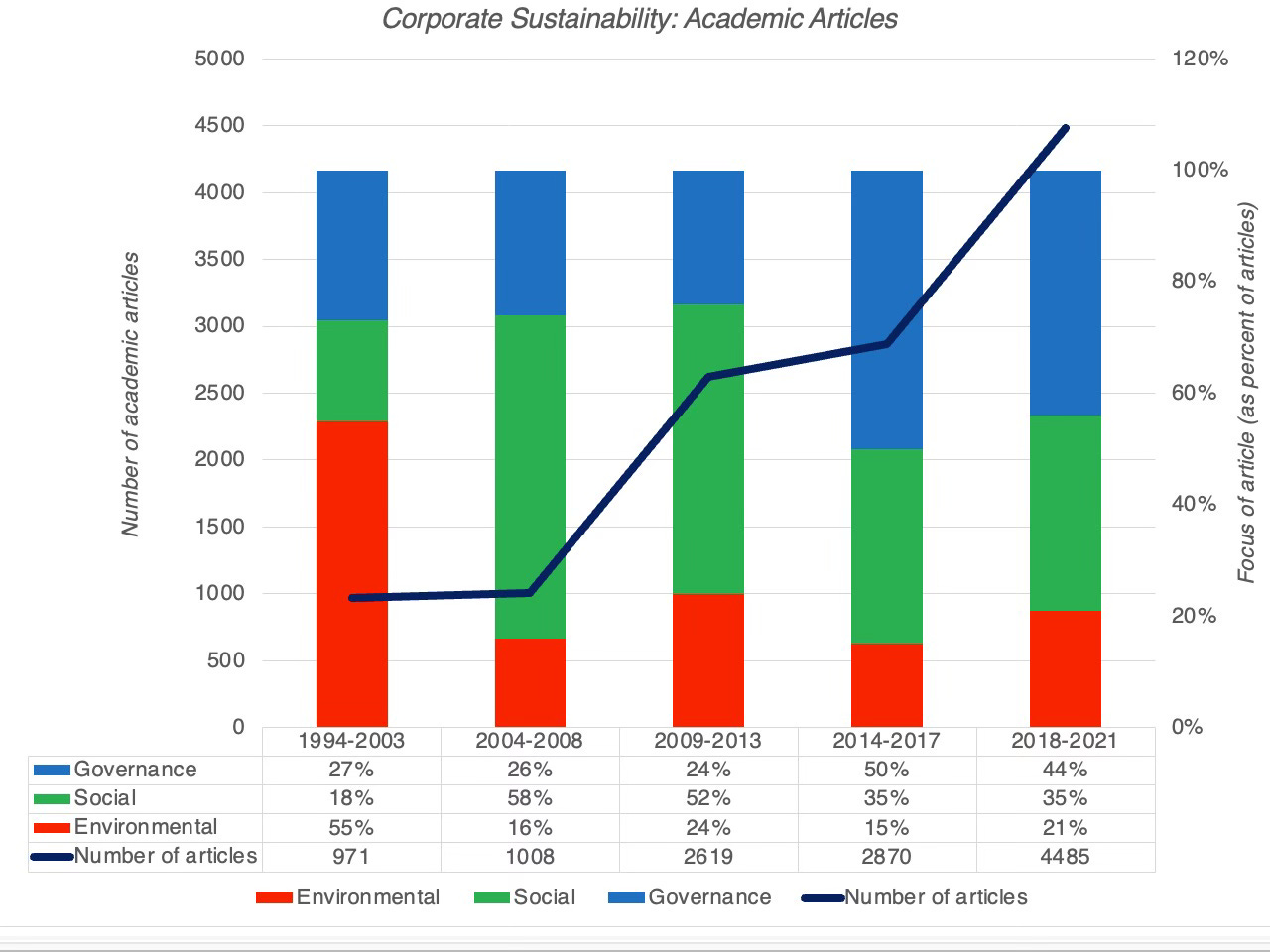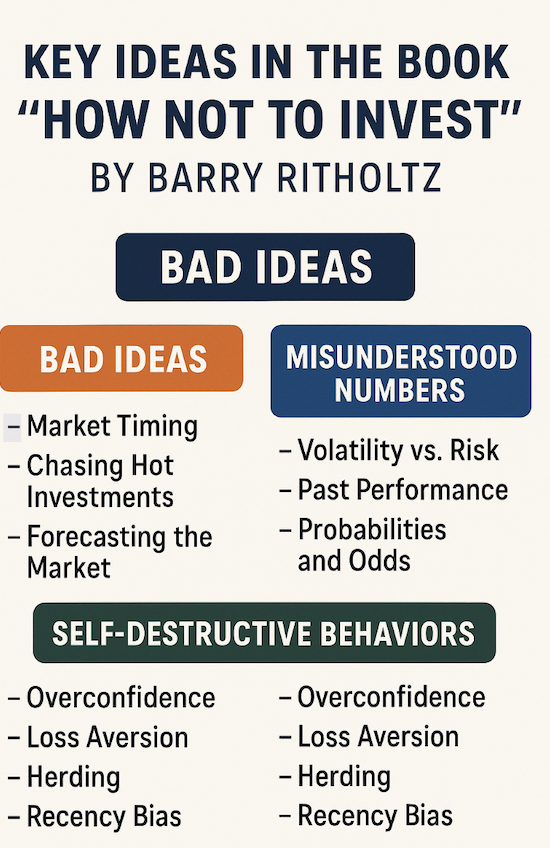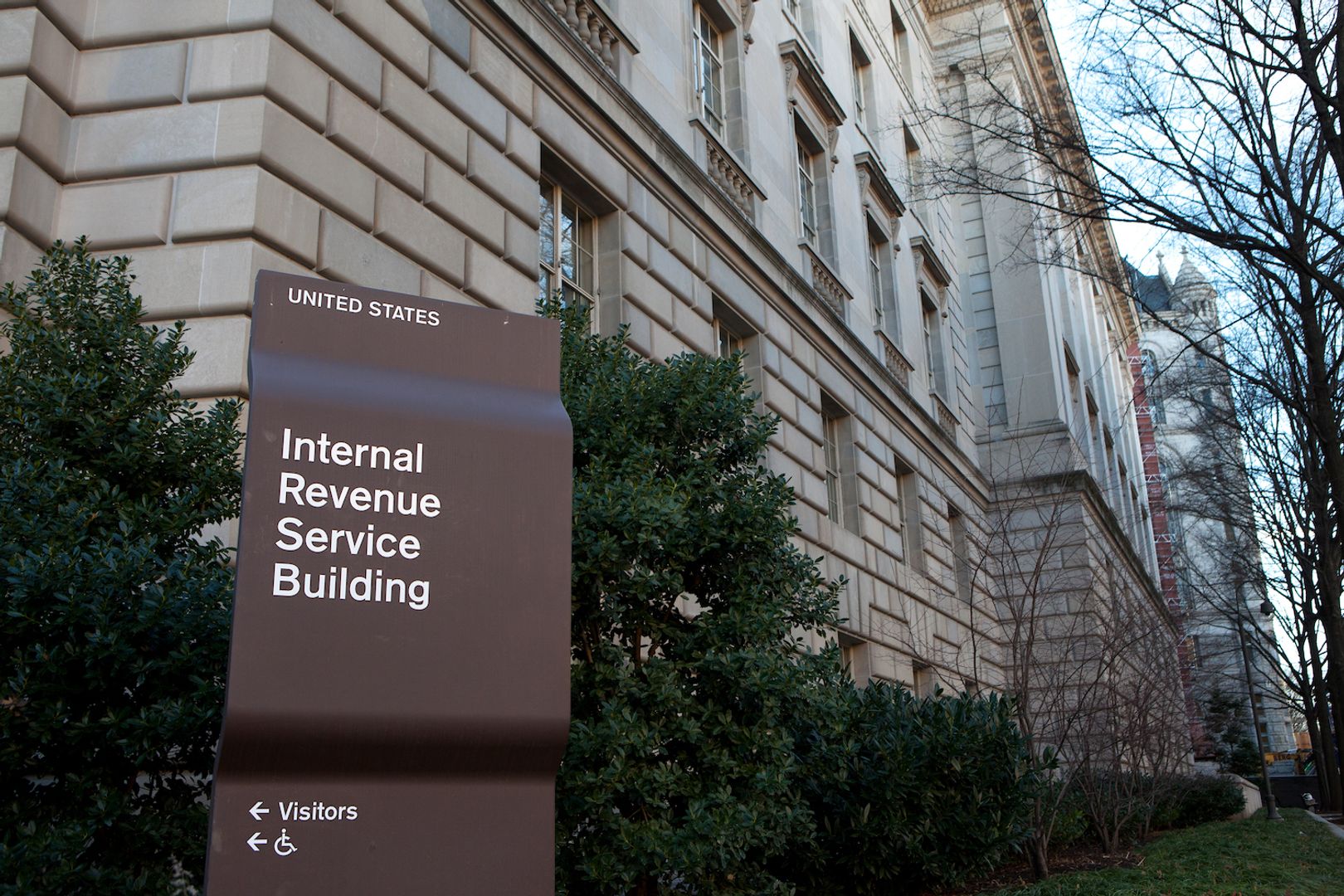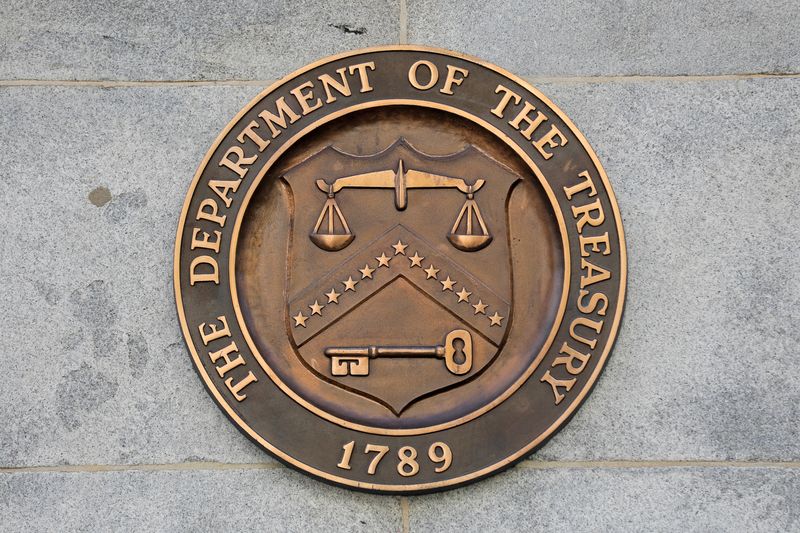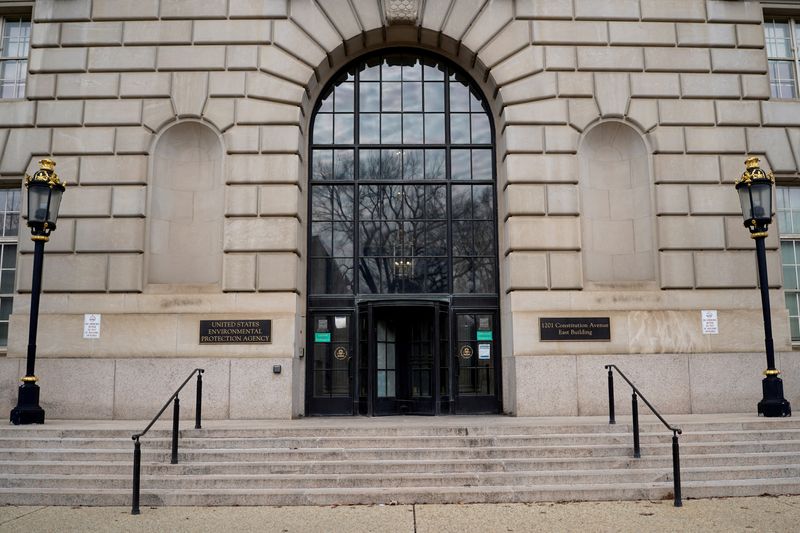Bond Investing and Due Diligence
When you buy a bond, you're loaning money to the bond's issuer -- which could be a corporation, a local municipality, a government agency or the federal government -- with the intention of receiving back your initial investment and, in most cases, interest. But not all bonds are created equal. Before buying a bond, you should assess the many characteristics that are associated with these fixed-income securities, including maturity, security provisions, yield, call status, tax treatment and credit rating. Performing this due diligence will allow you to better gauge the likelihood of timely interest payments, principal repayment and overall suitability with your investing needs.Certain bonds -- notably U.S. Treasury securities -- are generally considered low risk since they're backed by the U.S. government. But this low risk status doesn't apply to other bonds. The type of bond, its credit rating, security provisions and whether you plan to hold it to maturity all shape the scope of your due diligence and the specific risks you need to evaluate. That's why it's important to consider when you expect to need access to the funds, as well as your investment goals and risk tolerance, before deciding which bonds to purchase.After you determine your investing preferences, you can then start the due diligence process.Continue reading

When you buy a bond, you're loaning money to the bond's issuer -- which could be a corporation, a local municipality, a government agency or the federal government -- with the intention of receiving back your initial investment and, in most cases, interest. But not all bonds are created equal. Before buying a bond, you should assess the many characteristics that are associated with these fixed-income securities, including maturity, security provisions, yield, call status, tax treatment and credit rating. Performing this due diligence will allow you to better gauge the likelihood of timely interest payments, principal repayment and overall suitability with your investing needs.
Certain bonds -- notably U.S. Treasury securities -- are generally considered low risk since they're backed by the U.S. government. But this low risk status doesn't apply to other bonds. The type of bond, its credit rating, security provisions and whether you plan to hold it to maturity all shape the scope of your due diligence and the specific risks you need to evaluate. That's why it's important to consider when you expect to need access to the funds, as well as your investment goals and risk tolerance, before deciding which bonds to purchase.
After you determine your investing preferences, you can then start the due diligence process.














































































